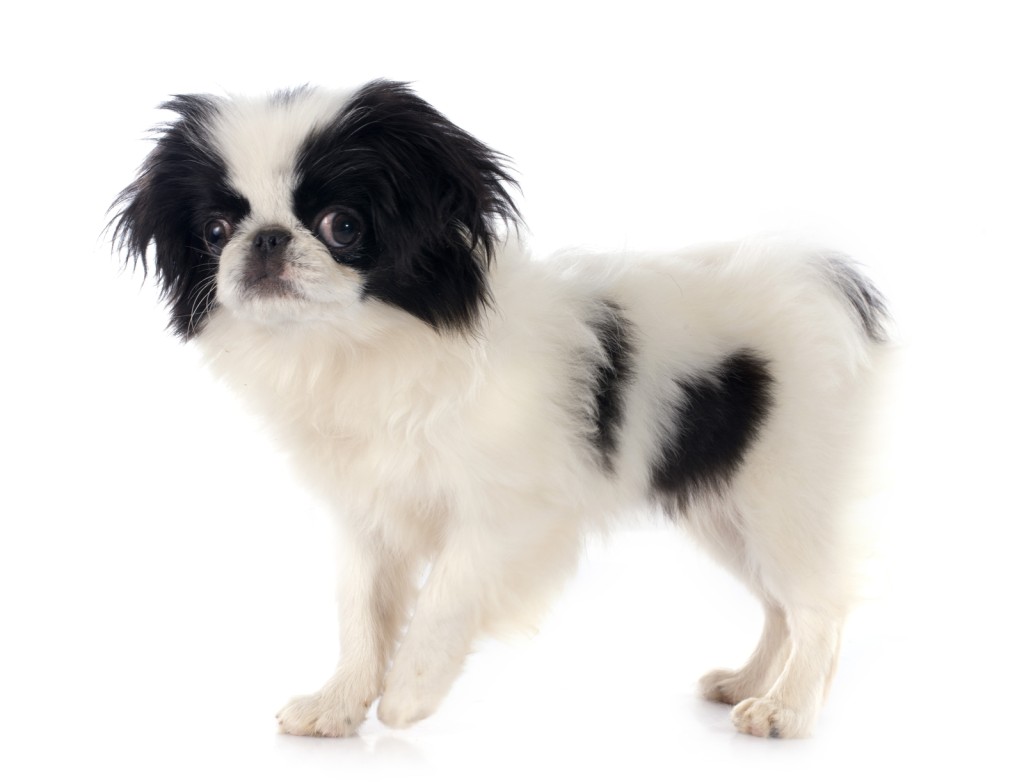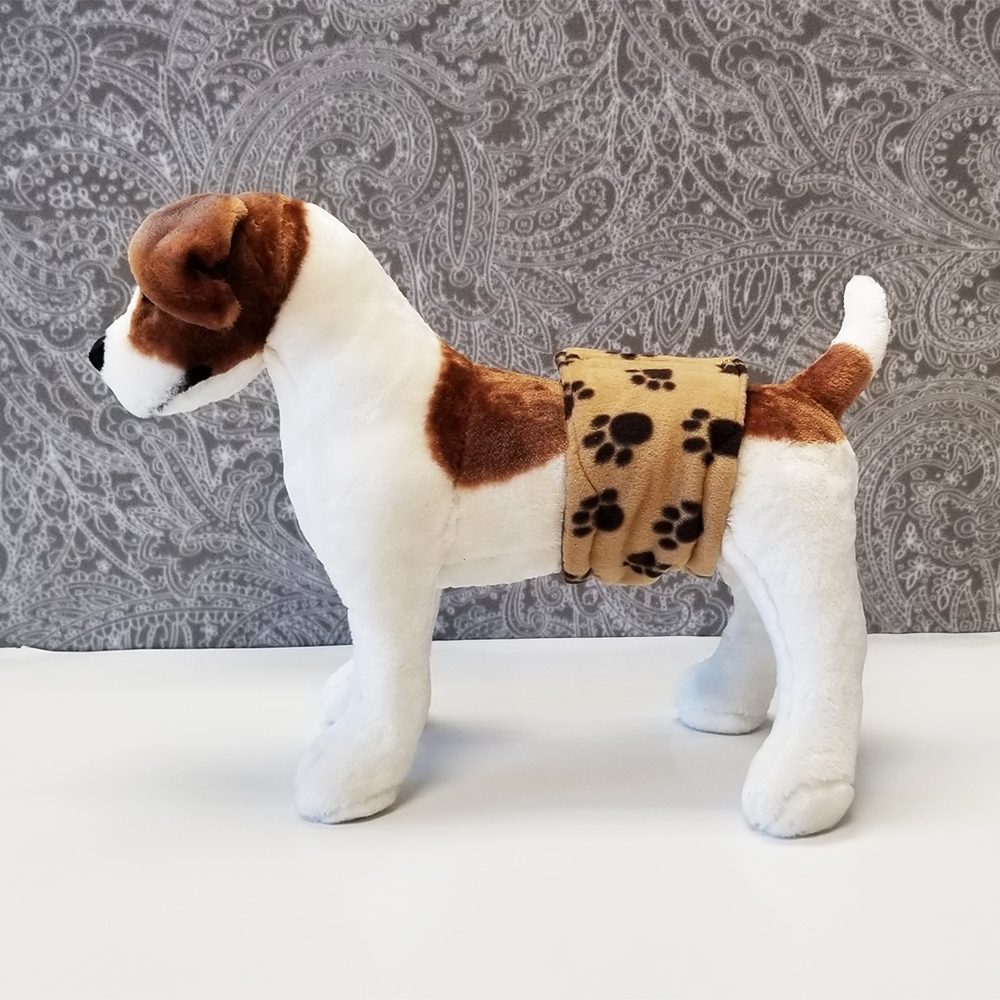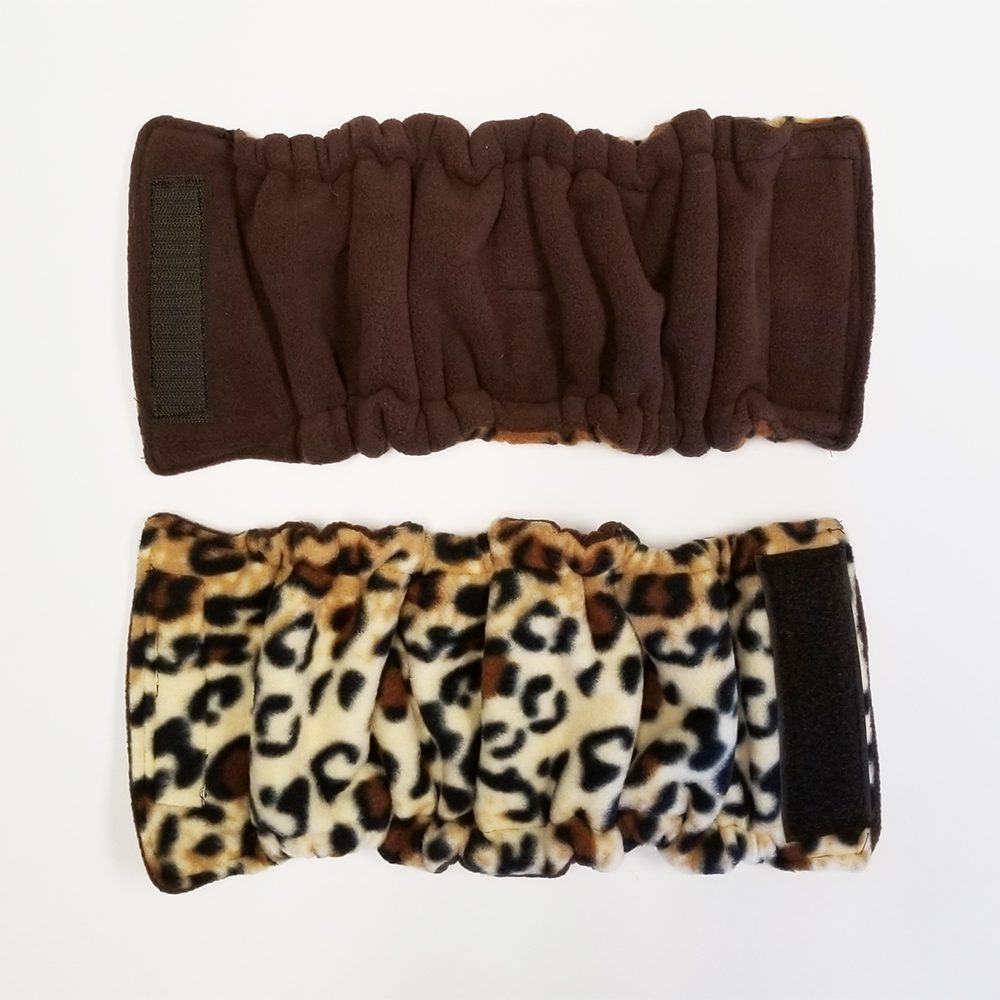Japanese Chin

Japanese Chin: The Elegant and Graceful Oriental Companion
Welcome to the comprehensive guide on the Japanese Chin, a breed cherished for its distinctive appearance, aristocratic demeanor, and charming personality. This page delves into the world of the Japanese Chin, a small yet captivating toy breed known for its expressive face, feathered coat, and playful yet dignified nature.
Overview
AKC Height: 8-11″
AKC Weight: 7-11 pounds
Colors: black and white; black, tan and white; lemon and white; red and white
Life Expectancy: 12-14 years
Group: Toy Group
________________________________________
Physical Characteristics
- Refined and Distinctive Look: The Japanese Chin is noted for its broad face, large, wide-set eyes, and small, V-shaped ears, all contributing to its unique expression.
- Silky, Feathered Coat: They boast a luxurious, long, and silky coat, often in white with black or red markings, complete with a distinctive mane around the neck.
Temperament and Personality
Japanese Chins are known for their intelligence, affectionate nature, and mild temperament. They are graceful and cat-like in many of their behaviors, often perching on high surfaces and exhibiting fastidious grooming habits. Despite their small size, they have a lively and playful side, endearing them to their families.
Training and Exercise Needs
- Training: They respond well to gentle and positive training methods. Early socialization is important for their well-rounded development.
- Exercise: Moderate exercise, such as short daily walks and indoor play, is sufficient due to their small size.
- Mental Stimulation: Interactive toys and light training exercises are important to keep them mentally engaged.
Health and Nutrition
- Diet: A balanced diet appropriate for small breeds is crucial. Regular vet consultations are important to maintain their health.
- Health: While generally healthy, Japanese Chins can be prone to certain health issues common in toy breeds, such as dental problems, luxating patellas (kneecap dislocation), and respiratory issues due to their brachycephalic (short-nosed) anatomy. Regular veterinary check-ups and a nutritious diet can help maintain their health and well-being throughout their lives. Dog Health Dictionary
Grooming and Care
- Coat Maintenance: Regular grooming is required to maintain their coat’s beauty and prevent matting.
- General Care: Routine care, including dental hygiene and eye cleaning, is important due to their prominent eyes.
Living with a Japanese Chin
- Family Compatibility: They are excellent companions for various types of families and adapt well to apartment living.
- Adaptability: They adapt well to different lifestyles, thriving in both active and relaxed environments as long as they have companionship.
- Companionship: Japanese Chins form strong bonds with their owners and enjoy being involved in family activities.
Responsible Ownership and Adoption
- Selecting a Breeder: Opt for breeders who focus on health, temperament, and the breed standard.
- Adoption Options: Adoption from shelters or breed-specific rescues is a great way to provide a home to a Japanese Chin in need.
.
Conclusion: The Japanese Chin, with its elegant appearance, serene personality, and affectionate demeanor, is an ideal breed for those seeking a small, loyal, and charming companion. Their adaptability and gentle nature make them a delightful addition to many homes.
Housebreaking
PUPPY HOUSEBREAKING tips: https://www.dog-breeds.net/puppy-housebreaking/
ADULT MARKING AND RETRAINING tips: https://www.dog-breeds.net/dog-housebreaking-marking-page/



